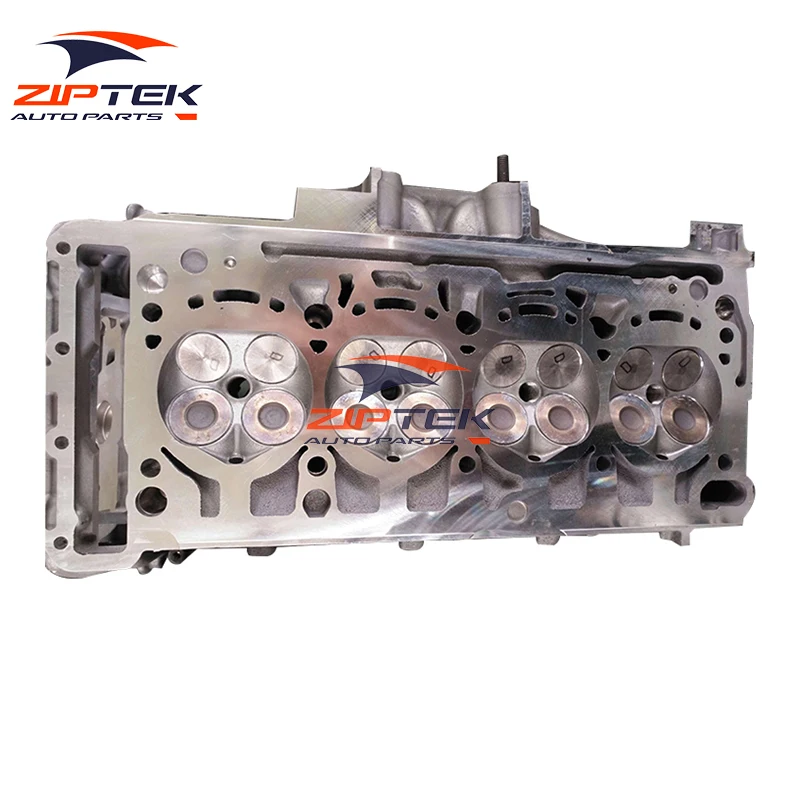Vital Considerations and Tips for Choosing the Right Engine for Your Demands
Choosing the right engine is a complex decision that needs cautious factor to consider of different variables to make sure optimal performance for your particular needs. The intricacies of engine option prolong beyond these essentials, triggering a closer evaluation of important aspects that can ultimately influence your fulfillment and success.
Determine Your Purpose
Establishing your function is a vital initial step in picking the appropriate engine for your requirements. Understanding the certain application you want will certainly assist your decision-making process and make certain that you select an engine that lines up with your functional requirements. Whether you require an engine for a commercial automobile, industrial equipment, or a leisure task, each circumstance needs different performance qualities and abilities.
Think about the atmosphere in which the engine will certainly run. Will it go through hefty loads, severe temperature levels, or extended usage? Evaluating these variables will aid you determine the necessary power outcome, gas efficiency, and longevity needed to fulfill your objectives.
Furthermore, assume about the long-term ramifications of your option. Budget plan restraints, upkeep needs, and availability of parts are necessary factors to consider that will certainly influence your overall contentment and functional performance.
Inevitably, articulating your purpose will certainly simplify the selection process and equip you to make an informed decision. By clearly specifying your purposes, you can evaluate possible engines better and pick one that not just fulfills your present requirements however also sustains your future goals.
Evaluate Engine Specifications
As soon as you have actually plainly expressed your objective, the following step is to assess engine specifications. This procedure includes an extensive evaluation of various technical details that can significantly influence efficiency and suitability for your intended usage.
Begin by examining the engine's horsepower and torque ratings. Horse power is critical for figuring out the engine's capability to perform job, while torque is necessary for comprehending how well it can handle hefty tons or acceleration. In addition, think about the engine variation, as it commonly correlates with power result and effectiveness.
Next, examine the engine typeâEUR" whether it is a fuel, diesel, or alternative gas engineâEUR" as each type has distinct attributes and applications. Focus on the engine's arrangement (e.g., inline, V-type), as this can impact dimension, weight, and total efficiency.
One more vital element is the engine's cooling system, which can affect reliability and upkeep requirements. Examine the manufacturer's track record and service warranty offerings, as these can offer understandings right into long-term performance and assistance. Extensively evaluating these requirements will assist guarantee that you pick an engine that straightens with your particular requirements and functional objectives.
Take Into Consideration Fuel Effectiveness
Gas performance is an important factor to consider when choosing an engine, as it directly affects functional prices and environmental sustainability. An engine's fuel effectiveness is commonly measured in miles per gallon (MPG) for vehicles or in particular fuel usage (SFC) for aircraft and marine engines. Higher gas efficiency not only decreases the amount of fuel consumed but also minimizes greenhouse gas emissions, making it a responsible option for eco-conscious customers.
When assessing engine alternatives, it is important to evaluate the driving conditions and intended usage. Engines maximized for freeway driving might go to these guys exhibit better fuel efficiency contrasted to those made for stop-and-go web traffic. Furthermore, consider the engine's technology, such as turbocharging or crossbreed systems, which can dramatically boost fuel performance.

Assess Maintenance Needs

Start by assessing the producer's advised maintenance periods and procedures. Some engines might need more constant oil changes, filter substitutes, or specialized servicing, which can affect your functional downtime. Furthermore, take into consideration the availability of components and the ease of acquiring them. Engines with prevalent appeal web link generally have bulks accessibility, reducing lead times throughout repair work.
An additional vital facet is the technical experience required for maintenance. Some engines may demand specialized training for professionals, which could limit your choices for company. In addition, assess whether the engine's design enables for simple accessibility to elements often needing maintenance, as this can More about the author significantly influence labor prices.
Budget Your Investment
Recognizing upkeep needs is just one aspect of selecting the right engine; financial considerations play an equally essential function (amarok engine for sale). Developing a clear budget is essential, as it influences not just the initial purchase price yet additionally lasting functional prices
When budgeting, consider both the ahead of time prices and continuous expenses such as gas performance, upkeep, and prospective repairs. A seemingly cost effective engine might sustain higher expenses over time because of inadequate fuel economy or frequent upkeep requirements. In addition, examine the accessibility and price of spare components, along with the warranties supplied by makers, which can supply financial defense against unforeseen costs.
It is also a good idea to element in possible financing alternatives or renting arrangements, which can minimize immediate monetary burdens. Stabilize your need for sophisticated attributes with your budget plan restraints, guaranteeing that you buy an engine that meets your efficiency requires without endangering financial security.
Inevitably, an all-round spending plan will encourage you to make informed choices, aligning your engine choice with both your monetary capabilities and operational needs, causing an extra sustainable financial investment over time.

Conclusion
In verdict, selecting the proper engine necessitates a thorough understanding of particular demands and applications. Careful examination of engine specs, gas effectiveness, and upkeep requirements is vital for notified decision-making.
Fuel efficiency is a crucial element to consider when selecting an engine, as it straight affects operational costs and ecological sustainability. An engine's gas effectiveness is generally measured in miles per gallon (MPG) for vehicles or in details gas usage (SFC) for aircraft and aquatic engines. Diesel engines normally offer better gas effectiveness than gasoline engines. Ultimately, picking an engine with a strong focus on gas effectiveness can lead to substantial lasting financial savings and contribute positively to ecological efforts. Careful analysis of engine requirements, gas effectiveness, and maintenance demands is important for notified decision-making.